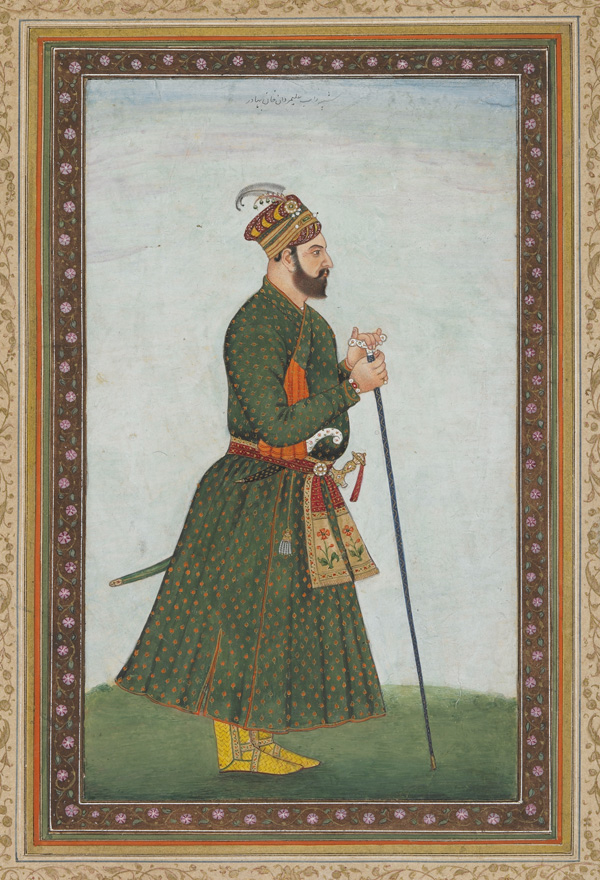
Dr.Mazhar Naqvi
The
role played by Amir- Ul- Umra, All Mardan Khan in promoting the cause of ‘Hussainiyat’
has so far remained out of the gaze of history of Azadari in India.In
Shahjahan's reign, he played an influential role in propagation of philosophy behind ‘Karbala Revolution’ in Kashmir
valley despite hostile atmosphere. His father, Ganj All Khan Zig of a Kurdish tribe,
was close to Shah Abbas, the ruler of Persia (Modern Iran). He served as Governor
of Kirman for over thirty decades.
After
his death, Shah Abbas appointed his son, Ali Mardan Khan as his
Successor
in Qandahar. After Shah Abbas’s departure for heavenly abode Mardan felt
his future uncertain as his enemies and he surrendered in 1637-38, fort of Qandahar
to Shahjahan's and joined his court at Lahore.
He was given a mansab of 6000/6000.His 10 servants also received appropriate positions.
Mardan was made governor of Kashmir. In 1639-40, he was given the additional
charge of Punjab. He also led expeditions for capture of the Balkh and
Badakhshan. In
Kashmir, Mughal General Mardan constructed many canals, gardens and palaces.He also laid a garden was
laid out on high ground.
During
his second term as governor of Kashmir, he erected several water channels and fountains
made. Mardan also erected a big garden in the village Til with four stone walls. A large
channel brought water from the back of the mountains to irrigate the garden. He
gave the income from the fruit of the gardens for expenditure on Imam Raza’s
tomb in Mashhad in Iran. In the middle of the Pir Panjal, he constructed a
caravanserai in the name of the twelve Imams. At the exit of the Baramula pass
he founded two villages and named a village after Hazrat Ali’s name. Ali Mardan
died in 1656-57.
Source:
Internet/Photo Courtesy Google images
No comments:
Post a Comment